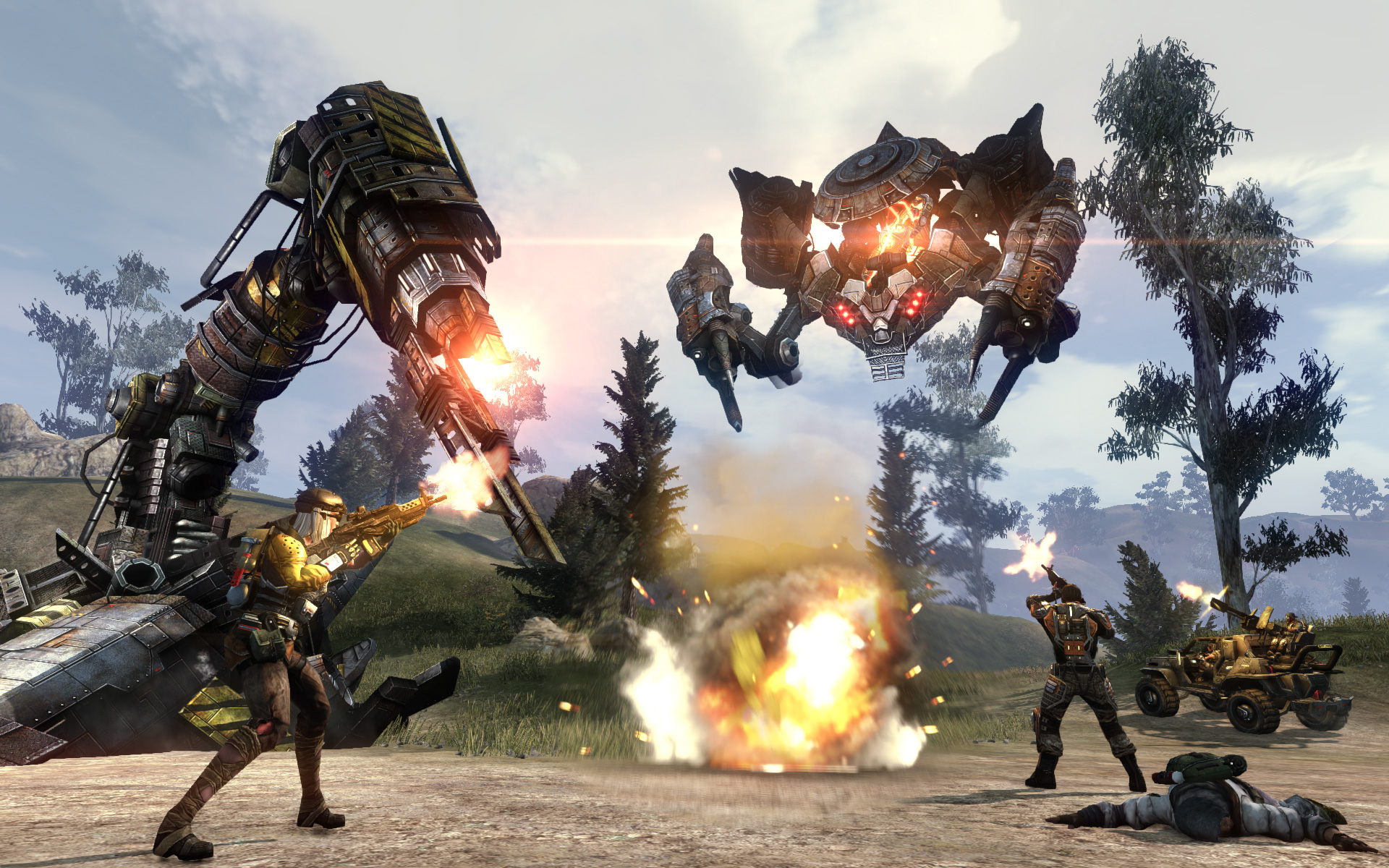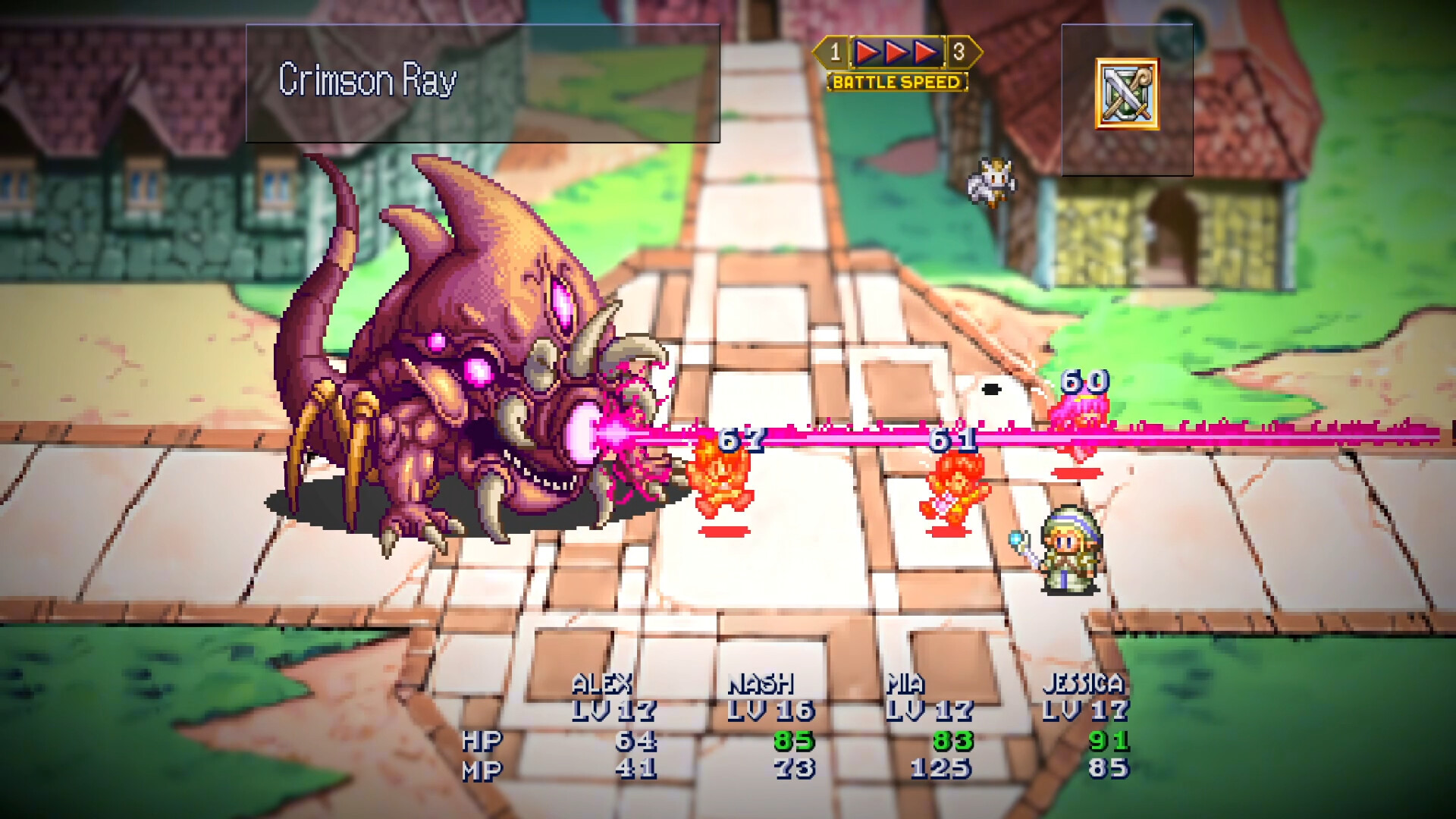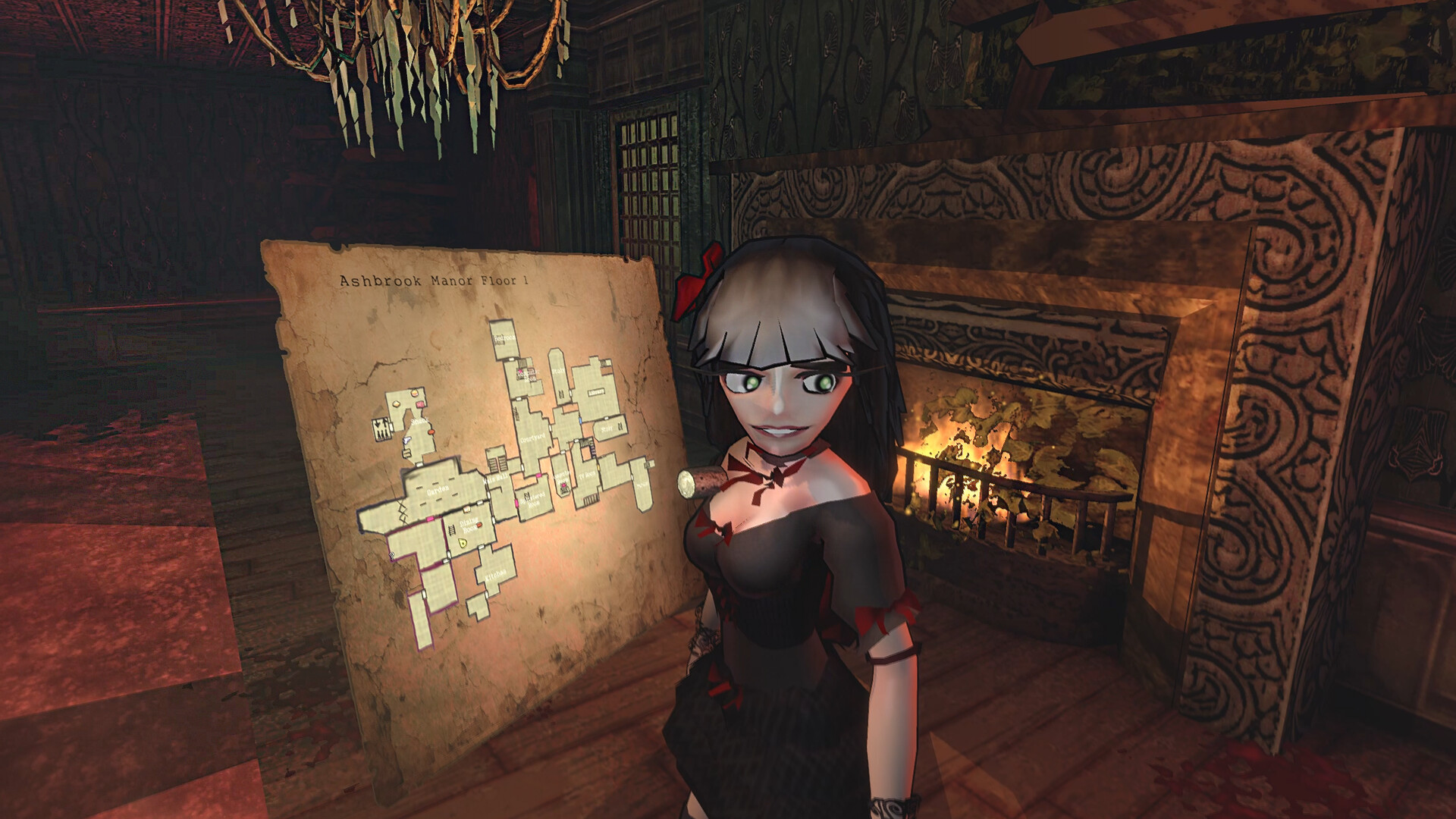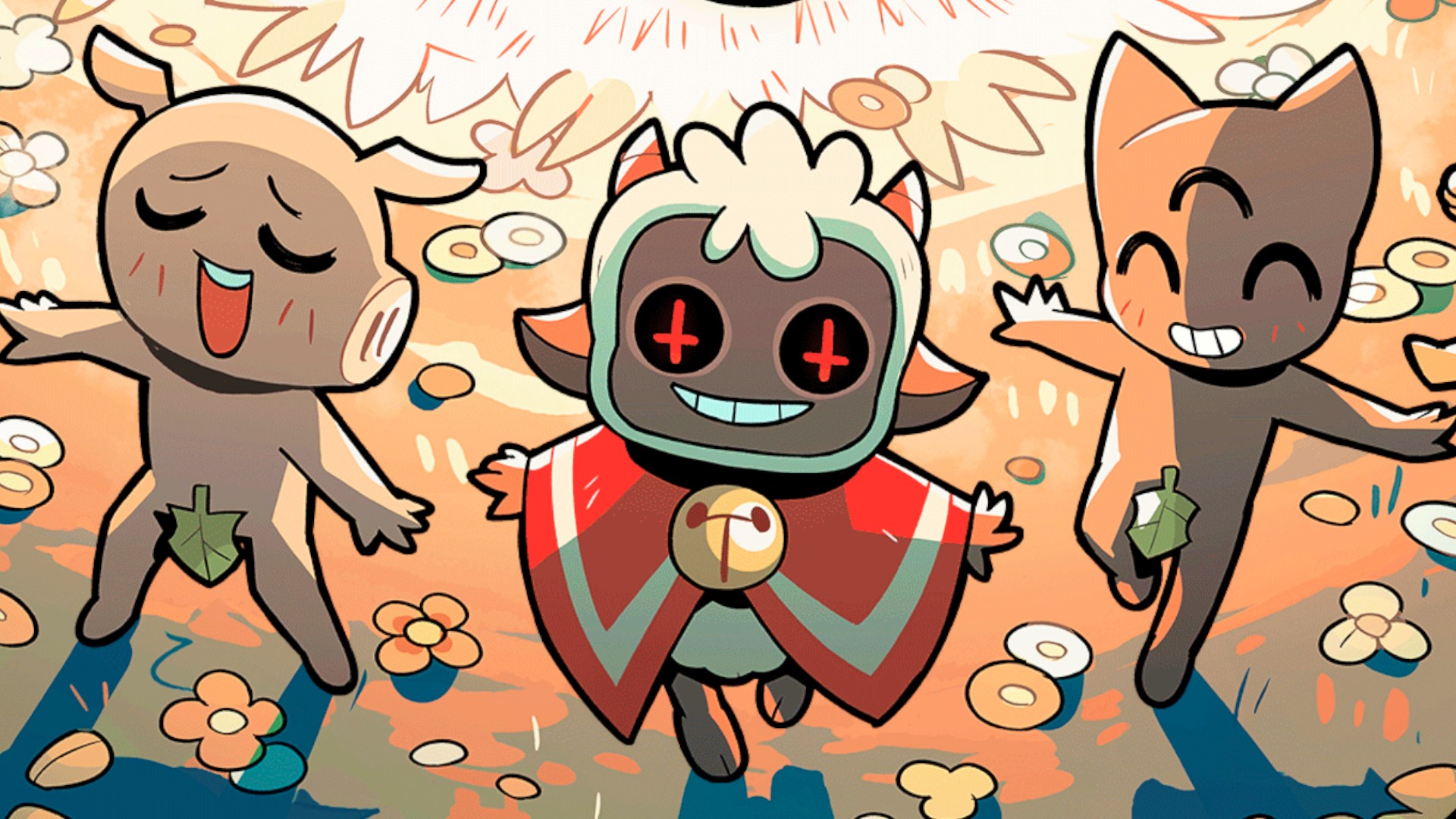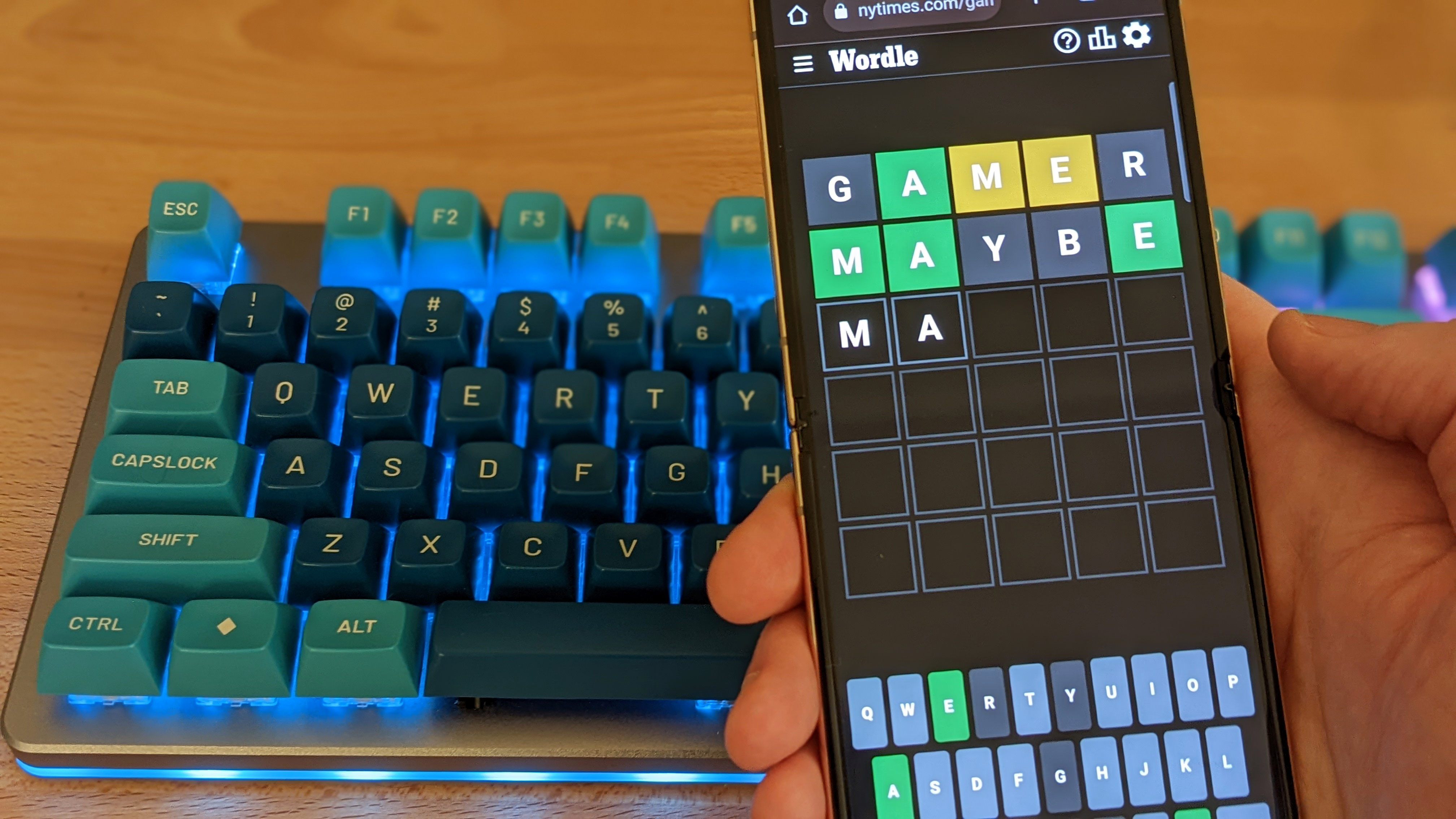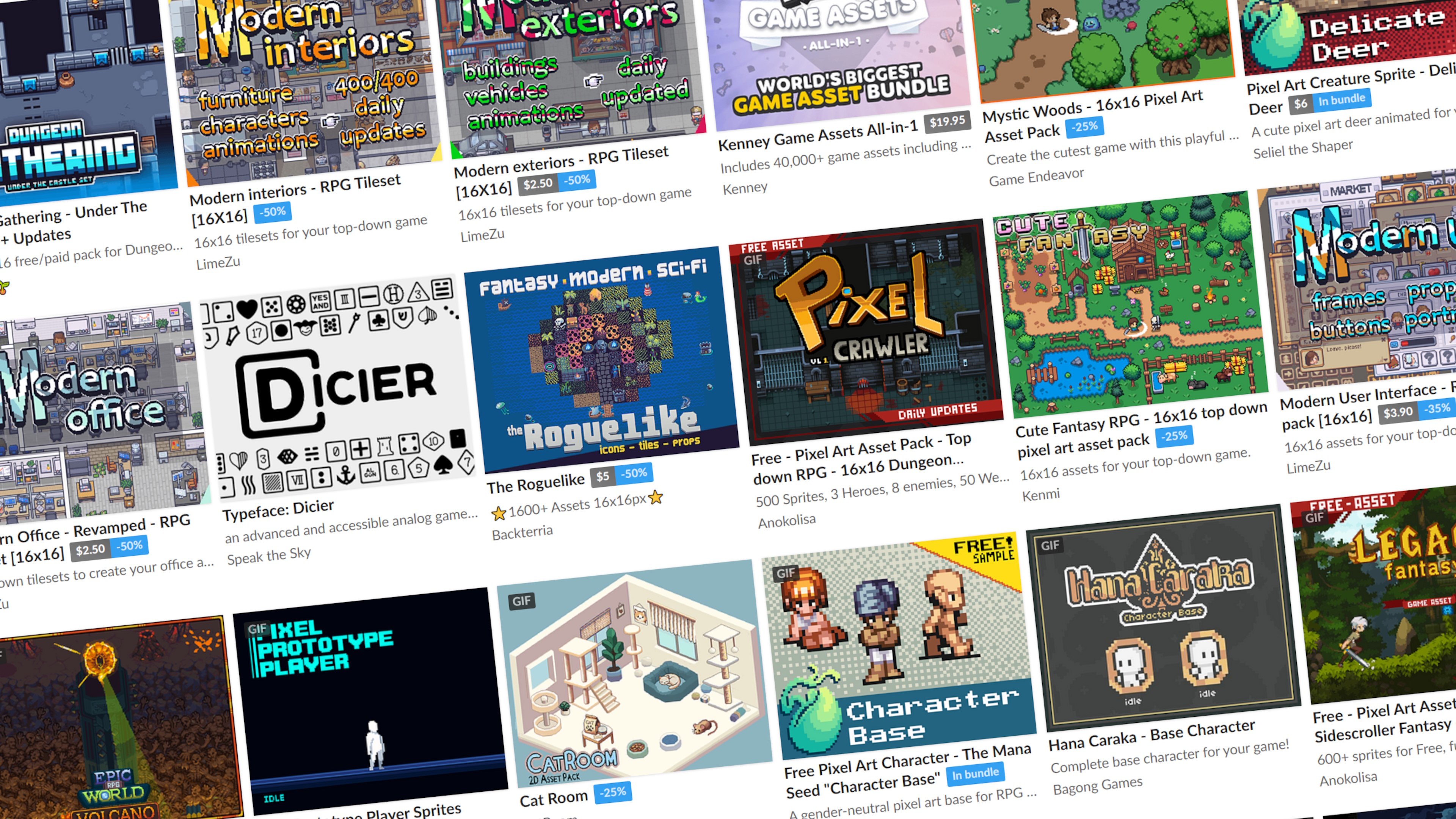
Asset page creators are now required to tag their work, and will not be indexed for searches if they don't.
Indie-focused digital storefront Itch.io has announced a new policy requiring asset creators on the platform to disclose whether their work makes use of generative AI, and to specify what sort of content is AI-generated when it’s present.
“We are now requiring asset page creators to tag their use of generative AI in their work,” Itch.io wrote on Bluesky. “This tagging tool is available for all pages, but it is a required field for asset creator pages to ensure that buyers are aware of the origins of the material they are obtaining.”
Itch.io said it’s currently focusing on asset creators, “since their disclosure can impact a larger number of creators that may use their assets.” Assets made using generative AI that aren’t properly tagged as such “will no longer be eligible for indexing in our browse pages,” the platform warned.
The obvious question is how assets made using generative AI will be found if they’re not properly reported by their creators, and at this point it sounds like Itch.io is still getting the details sorted. “For now we’re letting creators tag their work at their own pace to ensure that we have the classifications in place to provide better filtering,” Itch.io wrote on Bluesky. The Itch.io website says that after a grace period to allow creators to update their tags, “we’ll likely use user reports to handle pages that have not been addressed.”
The use of AI-generated game assets is a growing concern for the game industry. Some companies have forsworn the use of generative AI in their games, but actually keeping it out is proving something of a headache: Just a month after committing to not using generative AI to create Magic: The Gathering products, Wizards of the Coast acknowledged (after initially denying) that a January 2024 promo image was in fact created with generative AI. More recently, Blizzard ran into a similar problem with datamined pixel art images in Hearthstone after players raised concerns about the possible use of AI: The company hasn’t yet confirmed the results of its investigation, but the artwork in question was subsequently removed.
Several people responding to the announcement have asked why Itch.io doesn’t simply ban the use of generative AI outright: One described the use of AI for asset creation as “a shitty grift that actively harms the indies that your platform specifically caters towards.” Itch.io hasn’t yet addressed that inquiry directly, but one possibility is simply that generative AI is already in widespread use: 31% of respondent to a GDC study published earlier this year said they’re personally using generative AI in their work, and 18% said they’re not using it themselves but have colleagues who are—though not necessarily to create anything players actually see. Given those numbers, and the fact that they’re inevitably going to grow, a straight up ban on generative AI may not be workable.
Itch.io’s new policy follows a similar move by Valve, which announced an AI disclosure policy for games on Steam in January.

